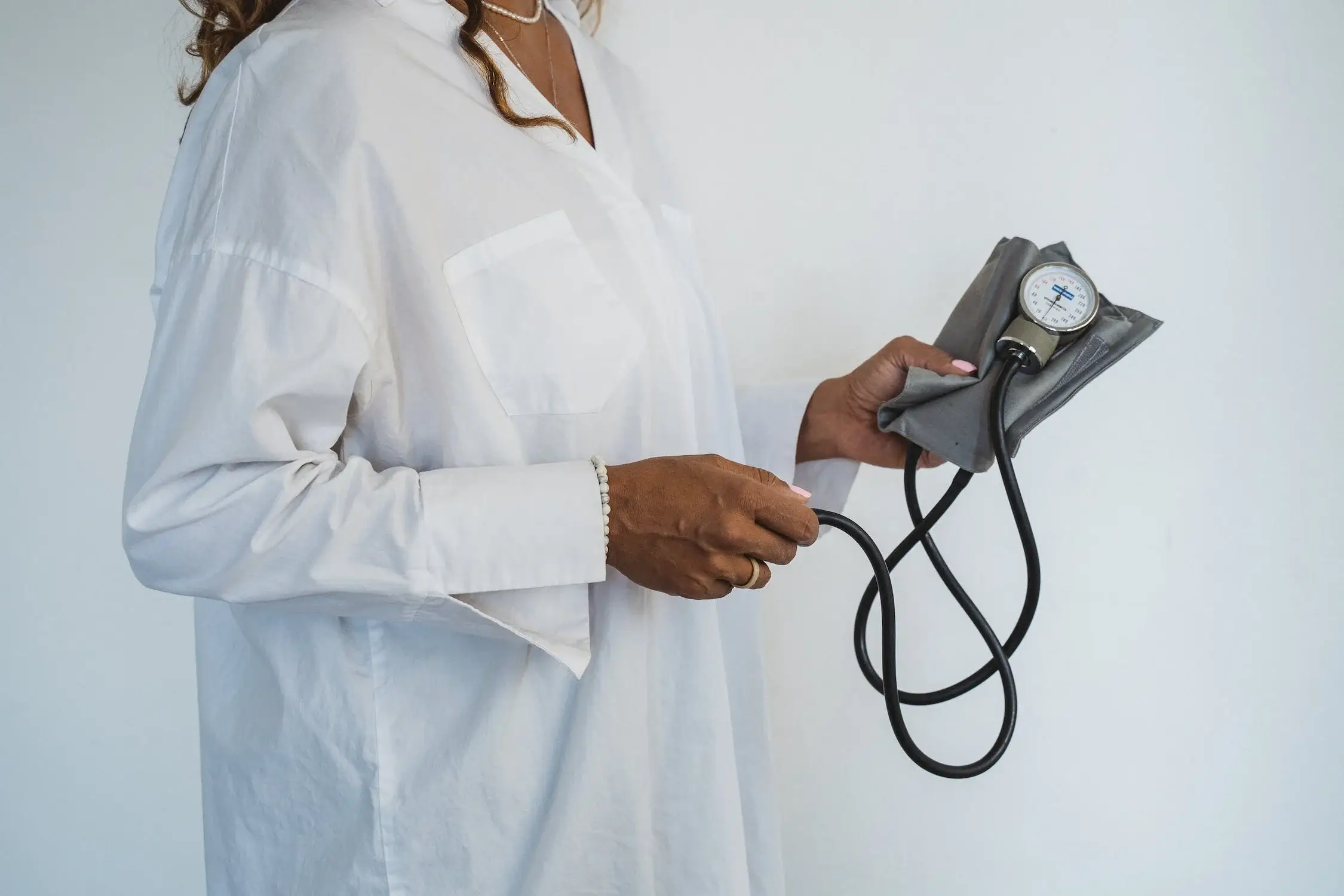Anyone permanently living in the UK will be entitled to free healthcare through the National Health System (NHS). Unlike many other places elsewhere in the world, the NHS provides a free service to all UK citizens. This is achieved through tax funding, rather than private health insurance.
How Does the NHS System Work?
The NHS is a unique, socialised system which is funded by the British government. There are many key aspects which help the smooth-running of the NHS, from local hospitals to local General Practitioner surgeries (GPs). Read on to find out more about what core aspects help run the NHS system.
Healthcare Facilities, Services and Staff
Throughout the UK, public and private hospitals coexist. While hospitals are mainly publicly owned and independently operated, they are organised as hospital trusts as 3 levels:
- Community hospitals
- District hospitals
- Regional/Inter-Regional hospitals
Doctors and Specialists in the UK
Your local GP is the first point of contact for most medical queries, apart from emergencies. They provide assessments and advice for most illnesses and complaints, prescribe medicine and compose referrals to specialists if needed.
Most GP’s operate by appointment, in which you would need to call and make an appointment. However, walk-in services are also available for a couple hours early in the morning, although this service may no longer be available due to the outbreak of the coronavirus pandemic.
The NHS in England is overseen by the Department of Health. NHS England is responsible for commissioning primary care services such as doctors, dentists and pharmacists. Clinical Commissioning Groups (CCG) have been responsible for commissioning secondary care services in local areas since 2013. These are:
- Planned hospital care
- Rehabilitative care
- Urgent and emergency care
- Most community health services
- Mental health and learning disability services
Who Can Access Healthcare in the UK?
The NHS is residence-based, as opposed to an insurance-based system. This means that all UK residents can access NHS services for free.
Those visiting the UK from a European Economic Area (EEA) country or Switzerland previously got NHS care free through their European Health Insurance Card (EHIC). However, this has since changed following the UK leaving the EU. Currently, visitors must take out their own medical travel insurance.
Since 2015, those entering the UK from outside the EU/EEA/Switzerland for more than 6 months have to pay a health surcharge of £150-£200.
How Much Does Healthcare Cost in the UK?
Public Healthcare Costs in the UK
As previously mentioned, NHS healthcare is mostly funded through direct taxation. Most services are provided free of charge to residents, however there are charges for certain services:
- Dental treatment: from £22.70 for emergency treatment to £269.30 for Band 3 treatment
- Prescription charged of £9 per item
Private Healthcare Costs in the UK
Registering for private healthcare in the UK is usually done through your general practitioner (GP). You can choose your own GP practice, though some practices may refuse patients that don’t live in the area, or the area is too full.
Registration is done by completing the GMS1 form, and individuals will alternatively need to provide valid ID and proof of address.
Around 10.5% of the population (UK) opt to pay for private health insurance compared to other countries, especially more so during the Coronavirus pandemic. Benefits definitely exist, especially if you have an urgent illness or injury.
Private patients can access specialists quicker, avoid long waiting lines and better facilities, as well as enjoy en-suite hospital rooms and better facilities. However, these come with fees which vary by company.
Dentistry Costs in the UK
Dental care differs in the UK as it is available either through the NHS or privately, but in both cases, you will need to pay. Dental care is free to those under the age of 18 (or 19 if you’re in full-time education), pregnant women and people who have had a baby in the last 12 months.
The Band Structure works like this:
- First Band (£22.70): Dental examinations, scale and polish
- Second Band (£62.10): Also covers fillings, root canal work and teeth extraction
- Third band (£269.30): Covers crowns, dentures, bridges and lab work
- Emergency Treatment in the UK (£22.70): Covers emergency care such as pain relief or temporary fillings
Alternative Medical Options to the NHS
By now, you should hopefully have a better idea about what the NHS system is, how it functions and how much general costs are. There are, nonetheless, alternatives to the NHS such as through private healthcare companies. While these are expensive, many more are now opting to take out private healthcare policies due to the lack of funding and treatments available through the NHS.
You can also find a range of alternative forms of healthcare and therapies in the UK. While availability is usually quite limited, treatments available include: Osteopathy, Chiropractic treatment, Acupuncture, Reiki and Herbal Medicine which can be found online through companies or in-store businesses nearby to you.


 71–75 Shelton Street, Covent Garden, London, WC2H 9JQ
71–75 Shelton Street, Covent Garden, London, WC2H 9JQ +44 (0) 20 3376 1032
+44 (0) 20 3376 1032



